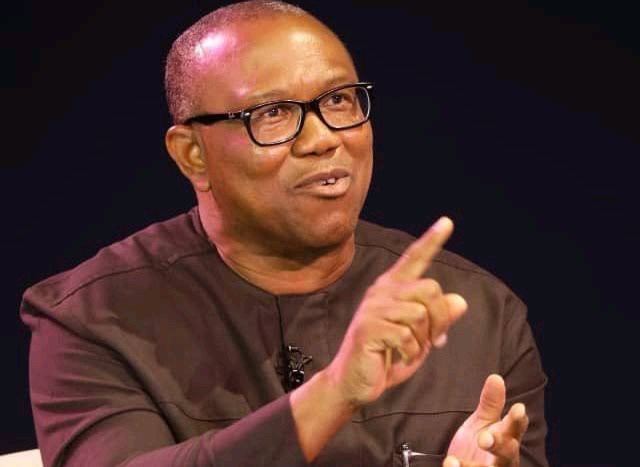During a revealing interview on News Central TV from 26:53, Peter Obi, the Labour Party’s presidential candidate in Nigeria’s 2023 general elections, shed light on the far-reaching consequences of corruption in the country. Obi emphasized how widespread corruption acts as a significant deterrent to entrepreneurship and professional development.
The former governor of Anambra State argued that in a corruption-ridden society, individuals are less likely to pursue legitimate business ventures or professional careers. Instead, they may be tempted by the potentially larger financial rewards associated with political positions.
To illustrate his point, Obi provided a stark comparison between the earnings of academics and politicians in Nigeria. “If you are a professor, your salary is N400,000 monthly, it will be N5 million annually. For 4 years without spending your money, you earn N20 million as a professor,” Obi explained. He then contrasted this with the remuneration of elected officials, stating, “One month salary of National Assembly member is N21 million.”
This disparity, according to Obi, creates a perverse incentive structure. He posed a rhetorical question to underscore his point: “Why do you want to be a professor?”
Obi extended his argument to encompass the broader impact on the country’s economic landscape. “Corruption kills entrepreneurship. Nobody thinks in a corrupt country. Why will I work hard to create a business and suffer to grow the business, when I can make more money from being a politician?” he asked.
The Labour Party candidate concluded his analysis with a somber assessment: “So, you don’t see people struggling to build business.” In Obi’s view, the allure of easy money through corrupt practices in politics not only undermines the pursuit of professional excellence but also stifles the entrepreneurial spirit that is crucial for economic growth.
Obi’s candid remarks highlight the complex interplay between corruption, economic development, and career choices in Nigeria. His observations suggest that addressing corruption is not just a matter of moral imperative but also a crucial step in fostering a more vibrant and diverse economy….Discover_Next

